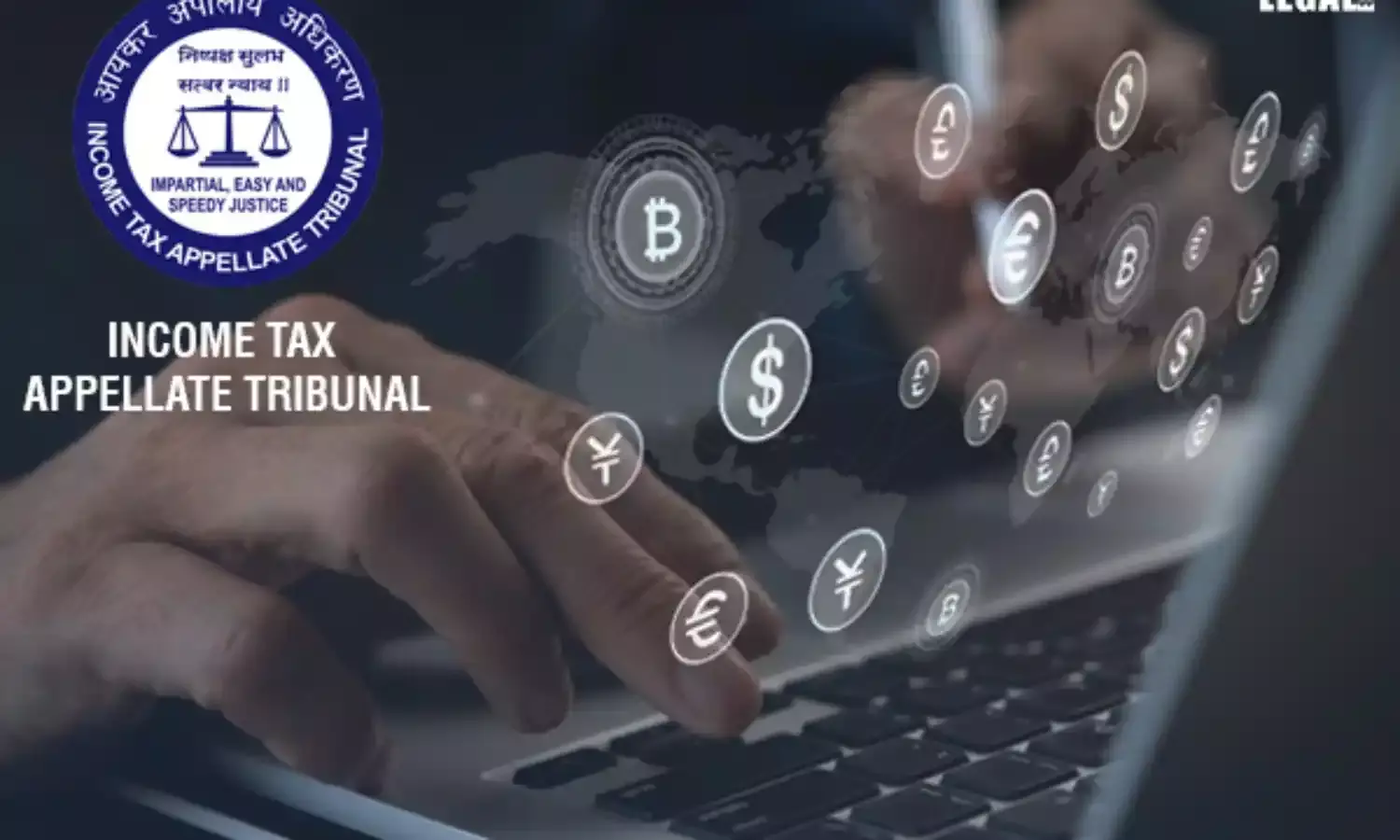ITAT: Payment Received from Foreign Company on Account of Business Support Services is Not Taxable
The Income Tax Appellate Tribunal (ITAT), Delhi by its two-member bench of Anubhav Sharma (Judicial Member) and Shamim;

ITAT: Payment Received from Foreign Company on Account of Business Support Services is Not Taxable
The Income Tax Appellate Tribunal (ITAT), Delhi by its two-member bench of Anubhav Sharma (Judicial Member) and Shamim Yahya (Accountant Member) while adjudicating an appeal filed in the case of Inteva Products Netherlands BV vs. ACIT observed, that Article 12(5) of the India-Netherlands Double Taxation Avoidance Agreement (DTAA) revealed that it does not include managerial services within FTS. Therefore, the payment received by the assessee cannot be treated as FTS under the India-Netherlands DTAA.
The factual matrix of the case is that the appellant/assessee is a company incorporated in the Netherlands and is a tax resident of Netherlands. The Assessing Officer (AO) concluded that the payment of Rs. 11,85,39,571 received by the assessee from a foreign company on account of business support services was taxable as Fees for Technical Service (FTS) at the rate of 10% plus surcharge and education cess and added to the total income of the assessee.
The assessee submitted that the AO, pursuant to the directions of Dispute Resolution Panel (DRP), erred in treating the receipts of fees for business support services as FTS as per Article 12 of the tax treaty between India and the Netherlands without appreciating that the services are managerial in nature and hence do not fall within the definition of FTS.
The ITAT observed that payments received from foreign companies on account of business support services are held to be taxable as fees for technical services (FTS).
The bench ruled that the payment received cannot be treated as FTS under Article 12(5) of the India-Netherlands DTAA and that the addition made is to be deleted.
The bench was of the view that both the AO and the DRP had failed to establish that, by rendering the services, the assessee has made available technical knowledge, know-how, skill, etc. to the recipient of the services, which would have enabled the recipient of the services to utilize it independently without the aid and assistance of the assessee.
Therefore, the bench partly allowed the appeals.


